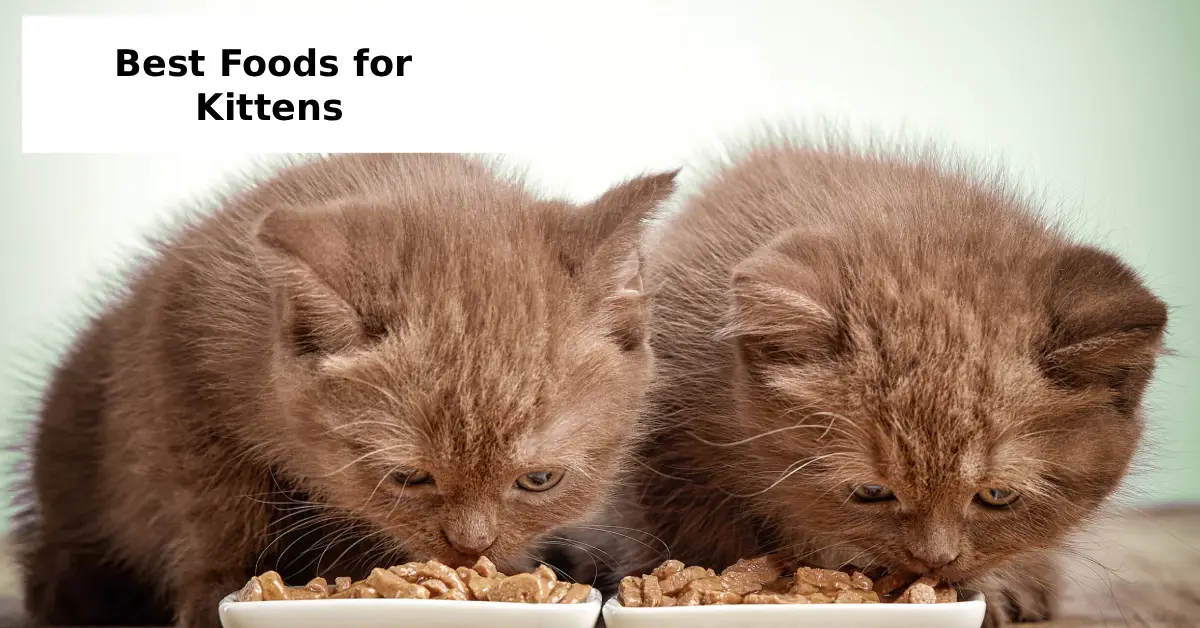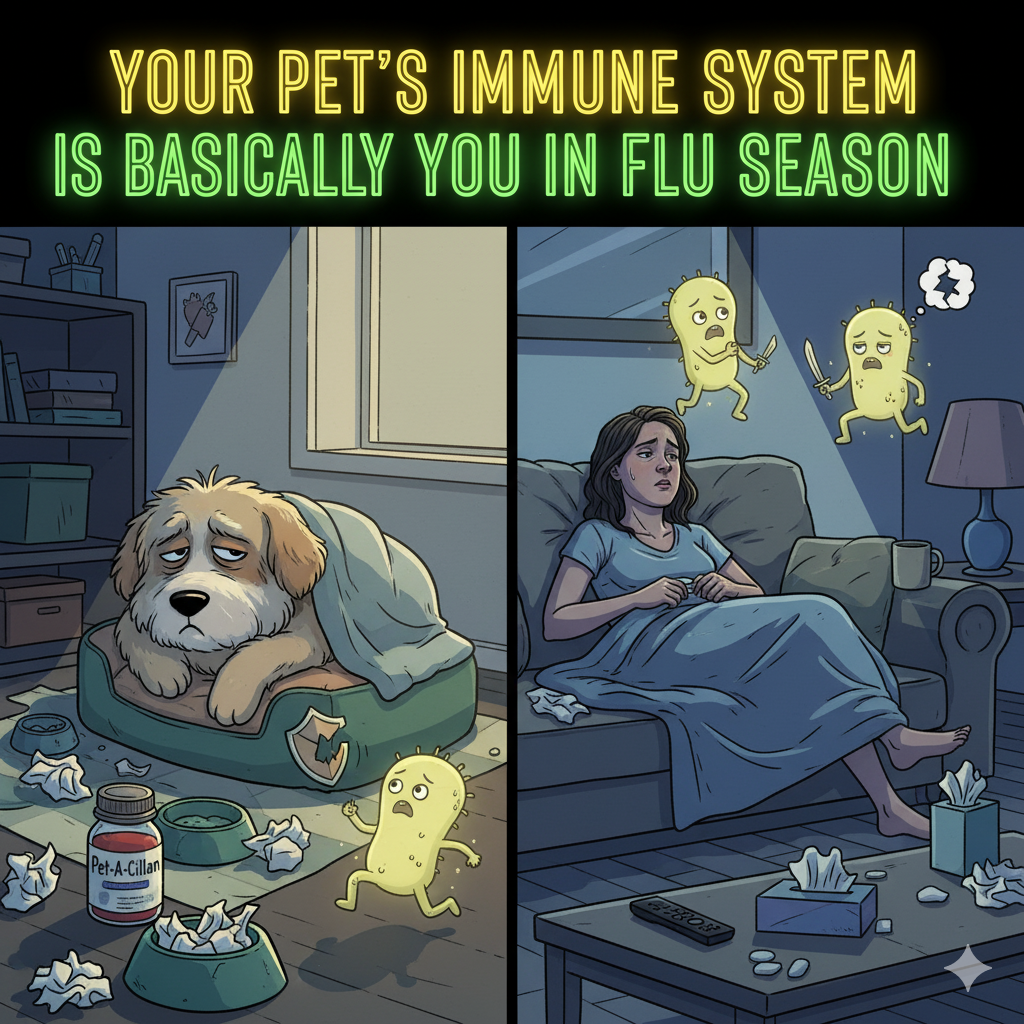Caring for your cat goes beyond cuddles and playtime—nutrition is at the heart of their health and happiness. Feeding your feline the right diet at every life stage is essential for growth, energy, and long-term well-being. In this guide, we’ll explore the Best Foods for Kittens, healthy diet choices for adults, and balanced meals for senior cats. Whether you’re a new kitten parent, an adult cat owner, or a senior cat caregiver, this guide will help you make informed decisions.
Why Cat Nutrition Matters at Every Life Stage
Just like humans, cats have different nutritional needs depending on their age. Kittens need energy and protein for rapid growth, adults require a balanced diet to maintain health, and seniors need special diets to support aging bodies. Choosing the right food is not just about keeping them full—it’s about ensuring they thrive.
Best Foods for Kittens: Building Strong Foundations
Kittens grow at lightning speed during their first year. That’s why choosing the Best Foods for Kittens is one of the most important decisions you can make.
- High Protein for Growth – Protein supports muscle development and energy. Look for formulas that list chicken, turkey, or fish as the first ingredient.
- DHA and Omega-3s for Brain Development – These fatty acids improve vision and brain function, crucial in the early months.
- Calcium and Phosphorus for Strong Bones – Essential minerals ensure healthy skeletal development.
New kitten parents should consider brands labeled specifically as “kitten formula” since these are tailored for their unique needs. According to many vet recommended cat food brands, high-quality wet and dry kitten foods can be combined for optimal results.
👉 If you’re searching for the best kitten food for healthy growth, avoid foods with artificial fillers or too many grains. Instead, focus on wholesome ingredients with clear nutritional labeling.
Wet vs Dry Cat Food Benefits for Kittens
There’s often debate between wet and dry food. For kittens:
- Wet Food Benefits – Keeps them hydrated, easier to chew, and full of flavor.
- Dry Food Benefits – Supports dental health and can be left out without spoiling.
A mix of both ensures kittens get hydration, nutrients, and dental care. Cat owners in the United States often prefer mixed feeding for balanced nutrition.
Affordable Healthy Cat Food Options for Growing Kittens
Budget-conscious cat parents sometimes worry that premium diets are expensive. However, many affordable healthy cat food options exist that still meet the standards for the Best Foods for Kittens. Always read the label and prioritize protein over fillers like corn or soy.
Best Foods for Adult Cats: Maintaining Balance
As cats transition from kittens to adults (around one year old), their diet needs change. The high protein cat food for adults should now balance with controlled calories to prevent weight gain.
Key Nutritional Needs for Adult Cats
- Protein – Still vital for lean muscles.
- Healthy Fats – Provide energy and keep coats shiny.
- Fiber – Supports digestion, especially for indoor cats.
- Moisture – Prevents urinary tract issues.
Adult cat owners seeking better nutrition should check for complete and balanced formulas approved by AAFCO (Association of American Feed Control Officials).
Grain Free Cat Food Recommendations
Some adult cats do better with grain-free diets, especially those with allergies. Grain free cat food recommendations often include salmon, chicken, or duck-based options with vegetables like peas or sweet potatoes as healthy carb sources.
Cat Food for Sensitive Stomachs
Digestive issues are common in adult cats. If your cat frequently vomits or has loose stools, try cat food for sensitive stomachs. These diets usually contain easily digestible proteins and probiotics to support gut health.
Best Foods for Senior Cats: Gentle Nutrition for Golden Years
By the time cats reach 7–10 years, their nutritional needs shift again. A balanced diet for senior cats helps manage weight, support joint health, and prevent chronic conditions.
Key Senior Cat Diet Features
- Lower Calories – Seniors are less active and may gain weight easily.
- Joint Support Nutrients – Glucosamine and chondroitin support aging joints.
- Kidney-Friendly Formulas – Reduced phosphorus to support kidney function.
- High-Quality Protein – Maintains muscle mass without stressing the kidneys.
Senior cat caregivers should look for specialized senior diets that address these needs. Vet recommended cat food brands often have specific lines for aging cats, making it easier to choose.
Homemade Cat Food Safety Tips
Some pet lovers researching vet-approved diets consider homemade cat food. While this can be healthy, it requires homemade cat food safety tips:
- Always consult your vet before switching.
- Ensure the recipe includes taurine, an essential amino acid for cats.
- Avoid toxic foods like onions, garlic, and chocolate.
Homemade meals can be a good supplement but should not replace complete, commercially balanced diets unless formulated by a veterinary nutritionist.
How to Choose the Right Cat Food
Choosing the right food can feel overwhelming with so many options. Here’s a simple checklist:
- Read labels carefully (protein as the first ingredient).
- Match food to your cat’s life stage (kitten, adult, senior).
- Consider your cat’s lifestyle (indoor vs outdoor, active vs sedentary).
- Watch for special needs (allergies, sensitive stomachs).
When families with multiple cats of different ages live together, it may be necessary to feed different foods in separate areas.
Vet Recommended Cat Food Brands to Trust
Not all cat food is equal. Trusted, vet recommended cat food brands often undergo extensive testing and are backed by science. While marketing claims can be flashy, always rely on proven, reputable names that have specialized formulas for each life stage.
Wet vs Dry Cat Food: Which is Best Overall?
For adults and seniors, the debate continues. Wet vs dry cat food benefits are similar across life stages: wet food for hydration, dry food for dental support. Many veterinarians now recommend mixed feeding for a balance of both.
Best Foods for Kittens, Adults, and Seniors – A Quick Recap
- Kittens need protein-rich, high-energy food with DHA for brain development.
- Adults need balanced nutrition, with grain-free or sensitive stomach options available.
- Seniors need lower calories, kidney support, and joint-friendly nutrients.
By understanding these differences, pet owners can ensure their cats thrive at every stage of life.
Final Thoughts: Giving Your Cat the Best Nutrition
Feeding your cat isn’t just about filling their bowl—it’s about giving them the best chance at a long, healthy, and happy life. From the Best Foods for Kittens to senior cat diets, the right nutrition prevents illness, boosts energy, and strengthens the bond you share.
For pet lovers, making the right choice in food is an act of love. Whether you’re a budget-conscious cat parent, a senior cat caregiver, or part of a family with multiple cats of different ages, remember this: quality nutrition today ensures joyful years tomorrow.






1 thought on “Cat Nutrition Guide: Best Foods for Kittens, Adults, and Seniors”